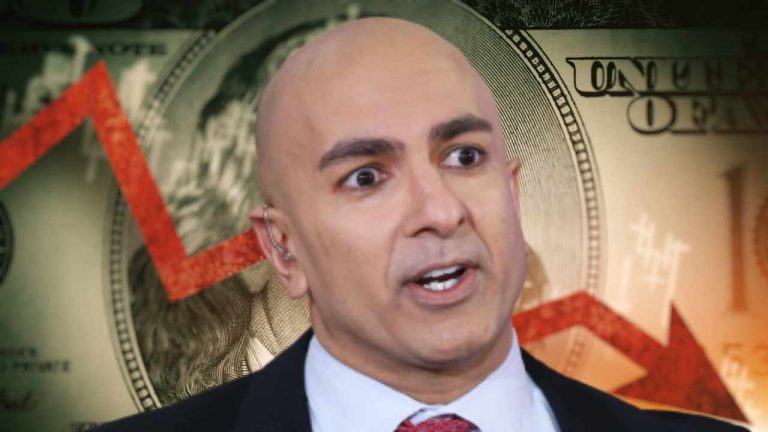FinanceFeeds -
Centralized exchanges offer ease of use for users. The many security breaches on centralized exchanges prove they are relatively insecure. Dexes have had fewer hacks. But they are complex to the average user because of the many technical terms and steps included to access funds.
Some centralized exchanges have increased the adoption of cryptocurrencies and their allied technologies, while decentralized exchanges have provided other benefits, including ease of digital asset exchange.
Here are a few examples of centralized and decentralized exchanges. It creates a better understanding of what the war of the exchanges is all about.
Binance is The World’s Biggest Centralized Exchange
Binance has been a world leader in cryptocurrency exchange since its founding in July 2017. From humble beginnings, after Chang Peng “CZ” Zhao left OKCoin, Binance has grown to become the world’s largest centralized exchange by volume.
Binance has also created its Smart Chain and its Blockchain to foster the inclusion of projects within the Binance ecosystem. So, while having a centralized exchange, Binance has ventured fully into the decentralized space with projects that lead within the cryptocurrency space.
Binance recently launched its NFT marketplace on its centralized exchange. The marketplace has featured exclusive collections of digital artists.
Entry is not open to the public. Though, members of the Binance exchange can patronize artists on the platform.
In extreme cases of loss of user funds, the Binance secure asset fund for users (SAFU) kicks in to mitigate losses.
Binance also allows users to trade cryptocurrencies securely. But on a centralized basis. The Binance Dex allows for the decentralized trading of digital assets.
The Polkadex Trading Engine Has Redefined How Dexes Work
Polkadex is a peer-to-peer trading engine built on the substrate of the Polkadot Blockchain. The platform combines the various benefits of both Cexes and Dexes to enable a seamless trading experience.
Deploying trustlessness, Polkadex comes to the industry packed with all the features a cryptocurrency trader will want and then some. With high-frequency trading options, decentralized Know Your Customer (KYC) options, an Initial Dex Offering (IDO) pallet, Non-Fungible Tokens (NFTs), institutional liquidity, and allowance for onboarding for new projects.
Polkadex has created a new paradigm where digital asset exchange can occur without the need for trust-based systems. This functional paradigm is absent within Cexes.
Polkadex functions of an order book. Trading cryptocurrency assets occurs on the platform based on pure demand and supply. There is no need for intermediaries. It has created a new paradigm within the Dex space as most of the features offered on Cexes are on Polkadex.
Coinbase Makes Cryptocurrency Trading Easy
Coinbase has become a force to reckon with within cryptocurrency trading circles. Coinbase has focused on creating a simple end-user experience for its many users.
Behind the simplicity lies complex algorithms that aim to keep the Cex secure. That hasn’t been the case for many users. An increasing number of users have complained of account compromise and theft of their digital assets.
Coinbase does everything to secure its users. These complaints have led to a lack of trust in the Cex by the cryptocurrency community.
UniSwap Enables Smooth Decentralized Transactions
UniSwap is one of the first Dexes. Launched on 2 November 2018 on the Ethereum blockchain, UniSwap has been one of those Dexes everyone within the cryptocurrency space has reckoned with. Despite several hacking attempts over the years, UniSwap has remained strong, and several projects have forked off it. (PanCake Swap and SushiSwap).
The Dex recently upgraded its security protocols and is still a favourite for members of the DeFi space who trade off the Ethereum blockchain.
As a result of the exponential rise in cryptocurrency traders, Cexes are popular among those dipping their feet in the cryptocurrency space for the first time. Dexes have offered seamless onboarding, instant exchange, minimal KYC, among other benefits.
The truth is, Dexes hold a strategic advantage over Cexes and will win ultimately in the end. Cexes are ruling many aspects of the industry currently. They have a greater appeal to regulators.
There is no end in sight, it seems, for this war. However, in the long run, Dexes will win.
The post Who Shall Win in The Cex vs. Dex Wars? appeared first on FinanceFeeds.



